While the purposes of quality assurance and performance improvement (QAPI) for ASCs are clear, achieving QAPI objectives can prove challenging. Failure to properly conduct QAPI studies can put an ASC into regulatory hot water with the Centers for Medicare & Medicaid Services (CMS) and jeopardize accreditation status. Furthermore, a poorly performing QAPI program can cause an ASC to miss critical improvement opportunities. Fortunately, maximizing the benefits of QAPI while meeting requirements is not as difficult as it may seem.
Follow these ten tips to help your ASC achieve greater QAPI success.
1. Understand your data
Data is pivotal to identifying worthwhile QAPI topics. An ASC that effectively captures data on its performance will have insight into areas of strength and weakness, with the latter representing strong opportunities for studies. Furthermore, when CMS and accreditation surveyors assess an ASC's QAPI studies, one component they will examine is how the ASC determined that an area was worthwhile of a study. Essentially, what did data reveal about the ASC's operations that indicated the need for a study?
The good news for most ASCs is that they are probably collecting a tremendous amount of data on their performance, whether they realize it or not. ASCs typically perform some form of monthly monitoring of their financials. They often conduct patient and staff satisfaction surveys. They usually complete incident and employee accident reports. These are just a few examples of undertakings that gather data. Rather than reinvent the wheel, ASCs can often find great study topics by examining their data.
2. Don't look for easy; look for impact
ASCs typically only perform a few studies annually. Each of those studies should have the potential to bring about a worthwhile improvement(s), even if that requires putting in a little more work than other studies may entail. If you list ten potential study topics, determine which will most likely have the greatest impact on your patients or which will have the greatest impact on the satisfaction of your staff, for example. These are the topics that deserve strong consideration for studies.
3. Solicit feedback
When narrowing down potential areas of focus for a study, solicit feedback from staff, and engage all stakeholders in the decision-making process. This will help achieve buy-in for the study and the changes you make as a result of the study's findings.
4. Establish and stick to a calendar
QAPI studies should be carefully planned and executed to help ensure they receive the careful attention and work required for proper completion. Develop a calendar for each QAPI study — planning when the QAPI committee will meet, when you will choose a topic, when you will begin the study, when you will review its results, when you hope to complete the study, among other significant events — and do your best to follow the schedule. Trying to complete several studies in the months leading up to a survey will not only lead to poor, frantic studies, but will likely draw increased scrutiny from surveyors.
5. Review quality program performance regularly
Your quality program should receive ongoing evaluation. Here are some questions you should be asking yourself about your program:
- Are we monitoring the right areas?
- Are we studying the right issues?
- What kinds of studies are currently in progress and which ones do we have on deck?
- How many studies are we going to do next year based on what we completed this year?
Completing a review of these and other quality program-related matters on a routine basis will help your studies succeed. You will also be in a better position to demonstrate that success to CMS and accreditation agencies.
6. Know when to continue, when to move on
Every study needs a beginning, middle, and an end, and the end is just as important as the beginning. While there's no harm in extending the time spent on a study if there's still perceived value, a never-ending study will be of little value to an ASC. When you review the results of a study, discuss whether it's a good time to complete the study or the plan for continuing it.
7. Learn from other ASCs, but don't just copy
It's only natural to want to know the quality studies undertaken by other ASCs. This information can prove helpful in identifying potential areas of focus for your center. What you should not do is choose a study area based solely on the work of other centers as their topics may not represent areas in need of such attention within your ASC. Step back, look at your data, and make sure the issues you are considering are truly worthy of attention and scrutiny, and thus make a strong QAPI topic for your ASC.
8. Aim reasonably high
As we've already noted, several factors should be considered when weighing whether to proceed with a particular QAPI study. Another factor that should come into play is the ability of your staff to complete the study adequately.
For example, organizing a massive research study that involves tremendous amount of data analysis may not work well if your staff lacks experience with such an undertaking. When choosing studies, don't get in over your head. Keep them realistic, aligning with the talent level and capabilities of your staff, but also don't make them so simple that an elementary school student could complete them.
9. Watch for new topics
Potential QAPI study topics can come from a lot of different places, such as surveys (patient, staff, surgeon), data analysis, staff suggestions, and online reviews. Keep your eyes and ears open for new opportunities.
10. Celebrate successes
When your staff set out to identify a problem, undertake interventions, and then achieve success in these efforts, celebrate the hard work and accomplishments. Doing so will help motivate staff to embrace an attitude of innovation and improvement. When staff are motivated in this fashion, it's typically only a matter of time before they come to leadership with ideas for new study topics and a willingness to take on a role — sometimes a leadership position — for future studies.




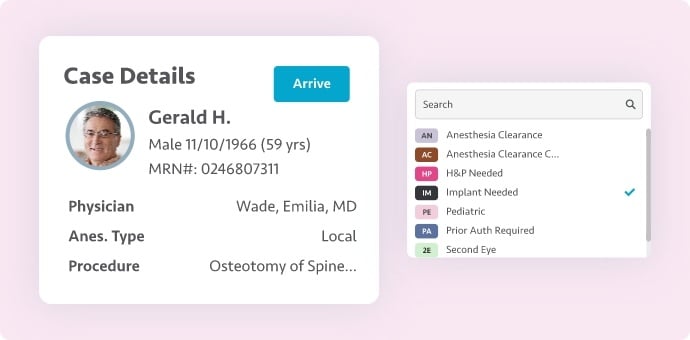
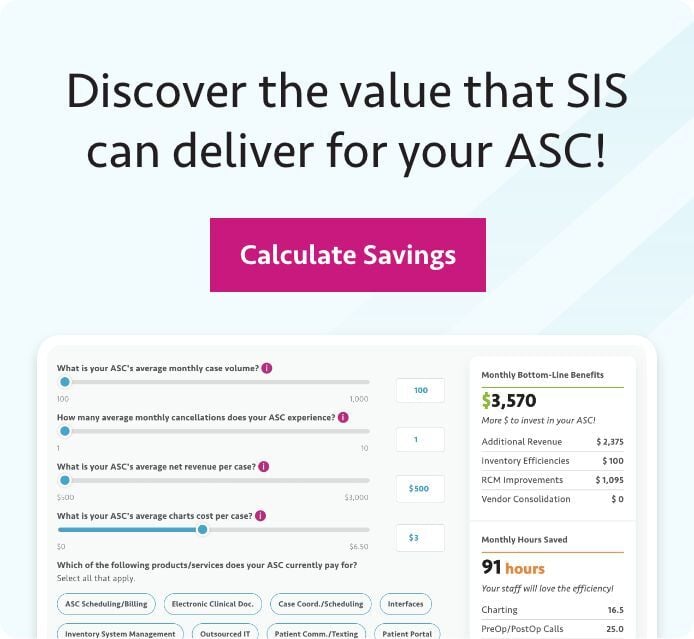


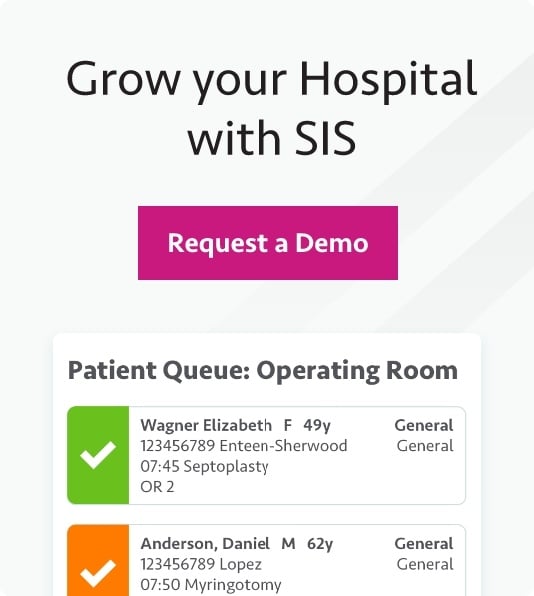






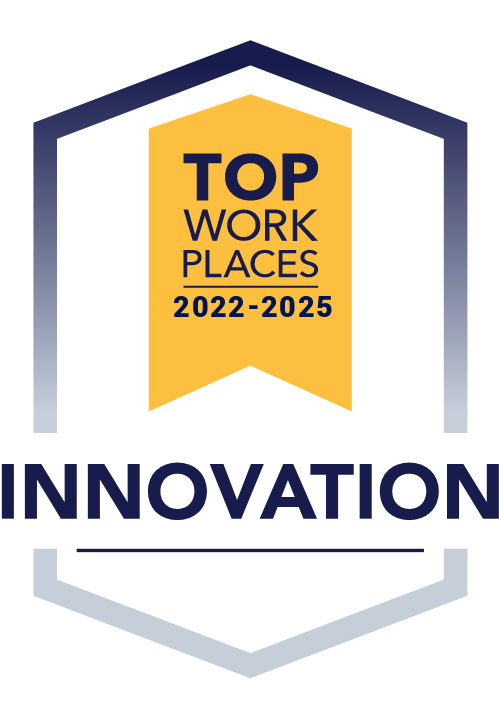


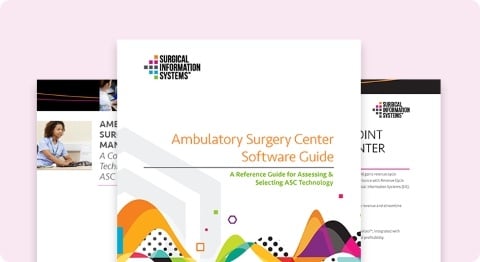




.jpg?width=65&name=Daren%20Smith%20(3).jpg)



